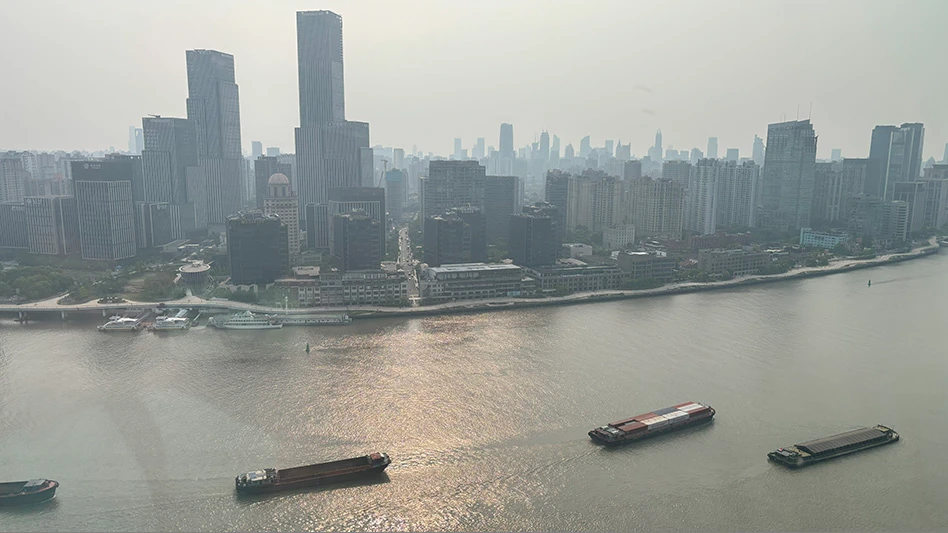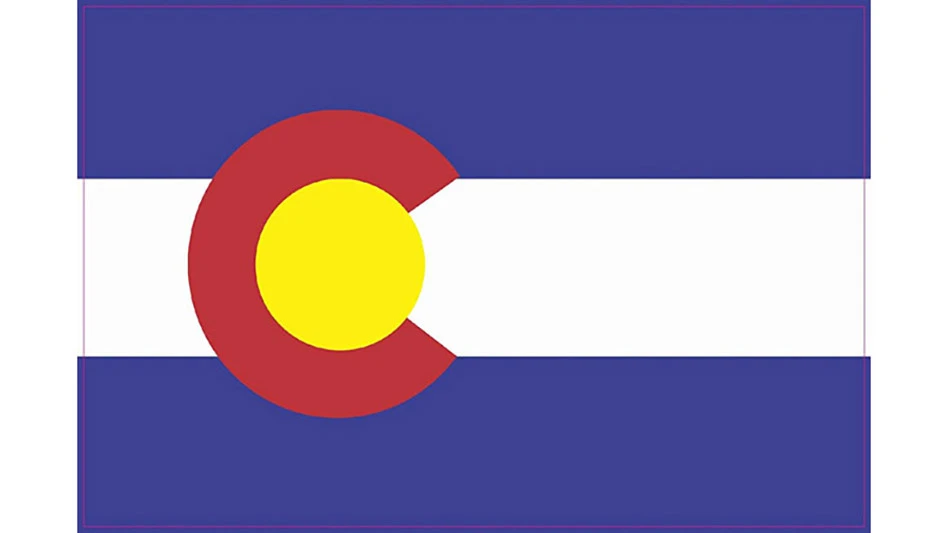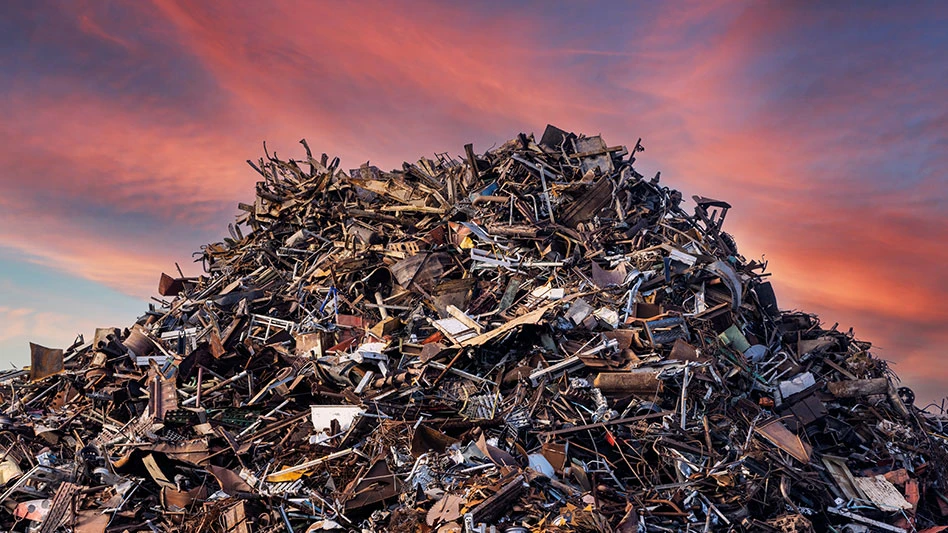PILOT PROJECT INVESTIGATES SINGLE-STREAM RECYCLING IN RURAL AREAS
Regional Waste Systems’ (RWS) Recycling Committee is undertaking a single-stream recycling pilot project in Lyman, Maine, an RWS owner-community with a population of fewer than 4,000.
According to a press release from RWS, nationwide studies have already revealed that larger communities with curbside recycling have increased their recovery rates with the use of single-stream collections and processing technology. These studies also have shown an increase in collection and transportation efficiencies and cost reductions.
RWS was curious if rural residents, who have to bring their trash and recyclables to a transfer station, would also benefit from single-stream technology.
Beginning Dec. 13, 2005, through Jan. 10, 2006, people who arrived at the Lyman Transfer Station were instructed to toss all their recyclables into a single container, rather than into separate containers for plastic, paper and metal. All of the recyclables were thrown into one of the town’s compactors, and the trash was thrown into the other.
Linda Boudreau, RWS director and recycling committee chair, says that Lyman collected more than three times the usual recycling load before having to pay for transportation to the recycling facility in Portland. She credits this increase to the use of compaction, as the compacted loads weighed 8.23 tons on average, while the container loads averaged 2.53 tons each. "Therefore, there would be a reduction in the number of trips per year from 81 to 24 and, at a charge by haulers of $125 per trip, the town could potentially save $7,125 annually," Boudreau adds.
Shelley Dunn of RWS says the company has issued a Request for Proposal for single-stream technology. "The bids are intended to gather real costs so that the owner-communities of RWS can make a decision whether or not to go forward with it," she says. "Because 15 of our 21 owner-communities have populations under 5,000, it was important to discover whether or not there were real benefits for them."
Regional Waste Systems is a non-profit solid waste management company serving 27 cities and towns in Cumberland, Oxford and York counties in Maine.
HONOLULU APPROVES CURBSIDE PROGRAM
The Honolulu City Council has voted unanimously to mandate curbside recycling.
The council vote reverses an earlier decision by Mayor Mufi Hannemann. Bill 72, would require the city to begin island-wide curbside recycling by July 2007.
By July 1, 2007, the city will have to pick up two of the following materials: glass containers, newspapers, plastic containers, green waste or food waste. By July 1, 2008, it will have to pick up two more, for a total of four.
Under the ordinance, a private company may sort, process and market the material.
INDIANA AGENCY AWARDS GRANTS
Twelve Indiana communities and one non-profit agency will receive recycling grants from the Indiana Department of Environmental Management (IDEM).
Thomas Easterly, IDEM commissioner, says of the grant recipients, "These communities have taken the initiative to establish recycling programs, which have diverted usable materials from going to landfills and put money back into the economy."
The recipients are:
-
Marion High School , $1,000 for recycling containers and education/promotion costs.
• City of Anderson, $20,000 to buy a bagger machine and to assist with education/promotion costs;
• City of Crown Point, $25,000 for a knuckle boom loader;
• Town of Dyer, $25,000 to buy a truck;
• City of Greendale, $10,500 to buy recycling containers;
• City of Hammond, $5,000 for printing costs and education/promotional material;
• City of Lafayette, $50,000 to buy a recycling truck;
• City of Seymour, $50,000 to buy a horizontal baler;
• City of Winchester, $48,000 to buy a grinder;
• Town of Schererville, $34,000 to buy a leaf collector and a leaf vacuum/street sweeper;
• Jasper County, $25,000 for a forklift, two vertical balers and six self-tipping hoppers;
• Pike County Solid Waste Management District, $15,000 for a truck and education and promotion costs;
• Randolph County Solid Waste Management District, $8,400 to buy a used oil recycling collection container, roll-off container and material handling equipment; and
Get curated news on YOUR industry.
Enter your email to receive our newsletters.
Explore the April 2006 Issue
Check out more from this issue and find your next story to read.
Latest from Recycling Today
- Altilium produces EV battery cells using recycled materials
- Brightmark enters subsidiaries of Indiana recycling facility into Chapter 11
- Freepoint Eco-Systems receives $50M loan for plastics recycling facility
- PET thermoform recycling the focus of new NAPCOR white paper
- Steel Dynamics cites favorable conditions in Q1
- Hydro starts up construction in Spain
- Green Cubes unveils forklift battery line
- Rebar association points to trade turmoil






